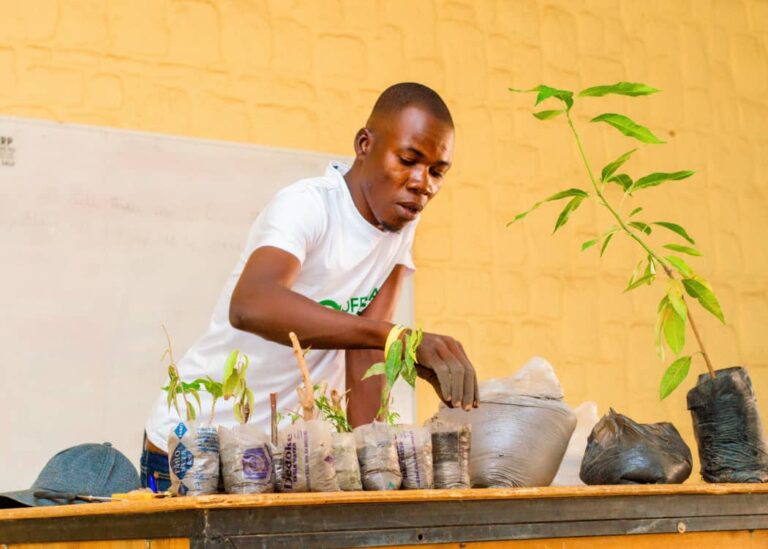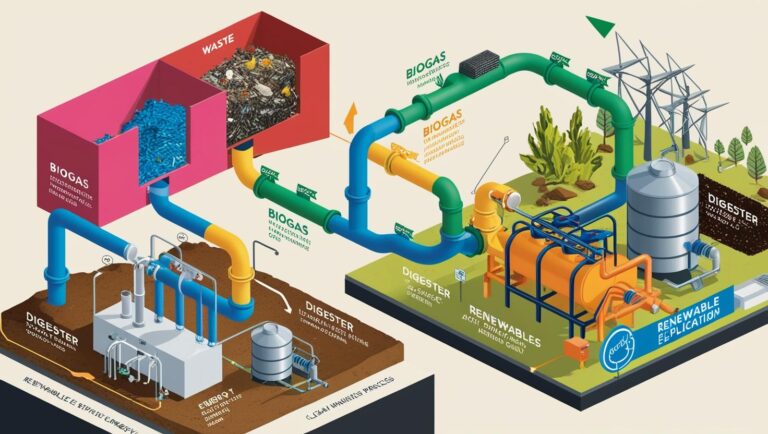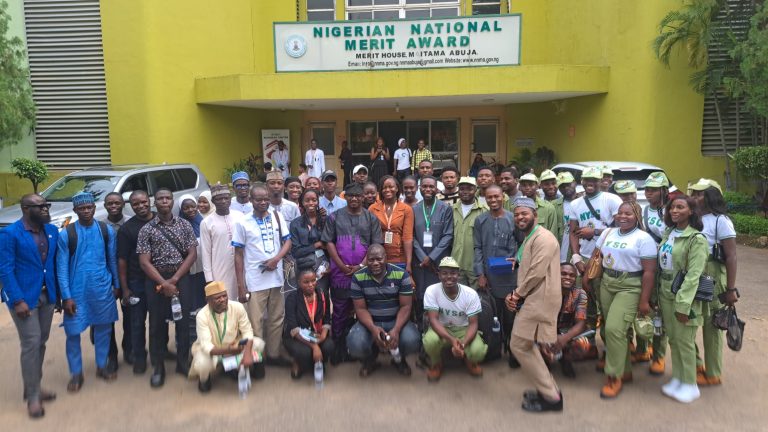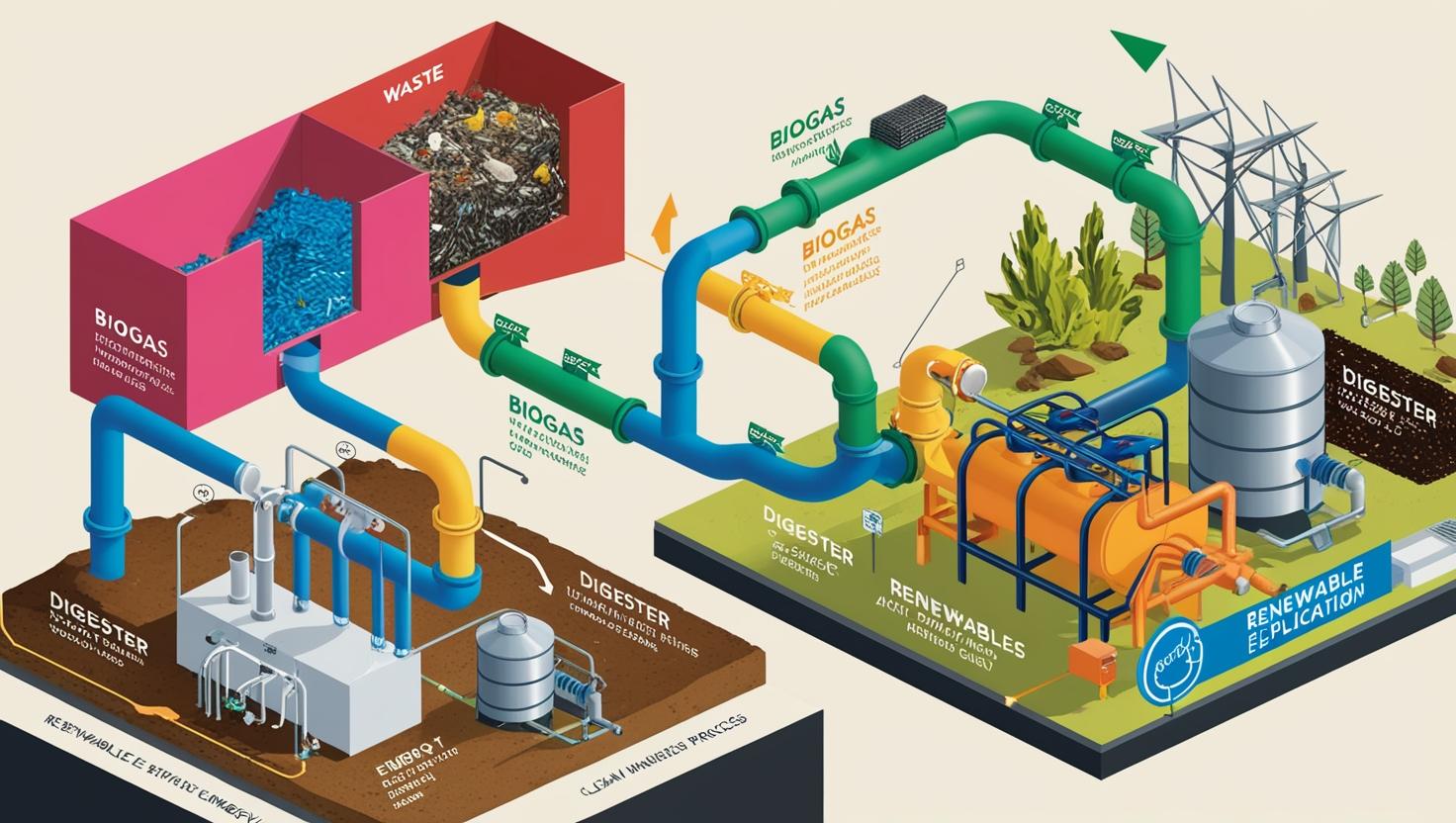The Power of Sustainable Innovation in Combating Climate Change – by Oluwasefunmi Igbekele Oluyede.
Climate change is an urgent global challenge, threatening ecosystems, economies, and livelihoods. Rising temperatures, extreme weather events, and environmental degradation highlight the need for bold, forward-thinking solutions. Sustainable innovation offers a transformative approach to addressing these issues by integrating technology, policy, and community-driven efforts to build a more resilient and sustainable future.
Why Sustainable Innovation Matters
Sustainability is not just about reducing carbon emissions; it is about redefining how we interact with the environment, and ensuring economic growth while preserving natural resources. A green economy champions innovations that enhance efficiency, promote renewable energy, and minimize waste, paving the way for sustainable development. By adopting these solutions,
societies can transition from environmentally harmful practices to ones that foster long-term
ecological balance.
Key Pillars of Sustainable Innovation.
1. Renewable Energy Revolution
Transitioning from fossil fuels to renewable energy sources such as solar, wind, and hydroelectric power is crucial in mitigating climate change. Breakthroughs in energy storage, smart grids, and decentralized power systems enhance efficiency and accessibility, ensuring a reliable, low-carbon future.
2. Sustainable Architecture and Urban Planning
Green buildings, eco-friendly construction materials, and energy-efficient urban planning are essential for reducing carbon footprints. Cities that integrate smart public transport, green infrastructure, and waste management systems contribute to a healthier and more sustainable environment.
3. Circular Economy and Zero Waste Models
A circular economy shifts from the traditional “take-make-dispose” model to one where products and materials are continuously reused, repaired, and recycled. Companies embracing closed-loop production reduce waste, conserve resources, and promote sustainability in industrial processes.
4. Regenerative Agriculture and Sustainable Food Systems
Agriculture accounts for a significant share of greenhouse gas emissions, but sustainable farming practices such as permaculture, vertical farming, and plant-based food alternatives can reduce emissions while improving food security and biodiversity.
The Role of Individuals and Communities: Sustainability is a collective responsibility. Communities play a crucial role in advocating for environmental policies, adopting sustainable lifestyles, and supporting ethical businesses. Grassroots initiatives, environmental activism, and consumer choices drive real change, proving that individual actions, when multiplied, have a profound impact.
The Influence of Policy and Global Collaboration.
Governments and international organizations must implement strong policies that support sustainable innovation. Incentives for green businesses, carbon pricing, and stricter environmental regulations accelerate the shift towards a low-carbon economy. Global agreements such as the Paris Climate Accord emphasize the necessity of international cooperation to tackle climate change effectively.
Conclusion: A Call to Action
The fight against climate change requires innovation, commitment, and a shared vision for a sustainable future. Sustainable innovation is not just an option, it is a necessity. By embracing clean technologies, sustainable practices, and responsible policies, we can create a thriving planet for future generations. Now is the time to act – every choice we make today shapes the
world of tomorrow.
Section Title













